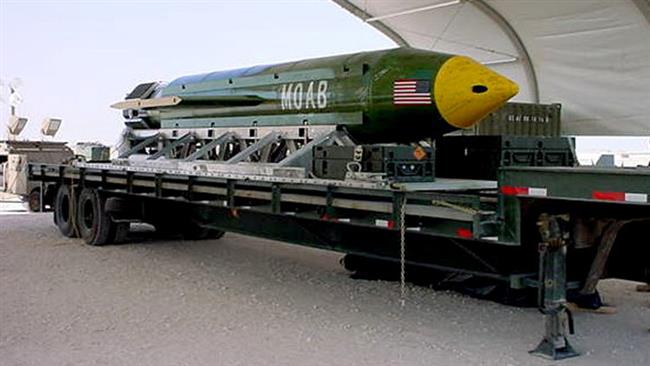
RNA - Representatives from Iran, China, India, Pakistan, and the Central Asian states are in attendance. This is the third meeting in five months, stepping up diplomatic efforts to find ways for reconciliation in the war-torn country and settling Afghanistan’s drawn-out struggle and Taliban insurgency.
Before the conference, reports had suggested that Russia also wanted the Taliban’s political representatives to join the talks. The Russian Foreign Ministry later ruled out the notion. The entire Afghan peace process was started by China, Pakistan and Russia in April 2013 with its first meeting held in April in Beijing and the second in November the same year in Islamabad. After nearly three years, Moscow hosted a trilateral informal consultation last year.
The reason for hosting this year’s meeting in Moscow is clear. Russia has made clear repeatedly that they want a resolution in Afghanistan that does not allow ISIL or any other extremist group with ambitions beyond the Afghan border establishing a foothold in the country and threatening the former Soviet countries in Central Asia, most of whom have defense pacts with Russia.
In an aberration, however, the United States, which has kept a military presence in the war-torn country since the NATO withdrawal in 2014, turned down the invitation despite Russia’s insistence. Instead, the Trump White House is beginning to formulate a strategy for an endless war that has entangled US-NATO forces for over 16 years.
Worse still, the US has just dropped a MOAB bomb with a blast radius of 1mile on Afghanistan, knowingly taking innocent lives in its wake. The Pentagon unleashed the 20,000 pound GBU-43, known as "the mother of all bombs" on Thursday – prior to the Moscow peace conference. The MOAB, which stands for massive ordinance air blast, reportedly struck an ISIL tunnel complex in Nangarhar province. However, as observers pointed out, with a one-mile blast radius, the chance of numerous civilian causalities is high.
The attack is a sign that the US isn’t on board for peace talks at any given time, much less at least attend the Moscow talks. The State Department, in addressing their non-attendance, is free to claim they feel it is “not constructive” for Russia to be allowed to exert influence in Afghanistan, and that they don’t trust the “purpose” of Russia holding such talks. But they cannot change the fact that the US is bracing for more war. It raises serious concerns about the potential for America’s engagement in unchecked use of military force and blanket authorization for endless war.
Unsurprising, that warmongering has also been going at full force elsewhere, undoing certain restraints under International Law, ordering attacks outside of war zones, without UN approval or oversight, and lowering the standard for what the US defines as an "acceptable" civilian casualty:
-A February failed raid and escalated fight in Yemen.
-A number of high-profile actions including last month's bombing of Mosul in Iraq that killed more than 200 civilians.
-The recent deployment of 59 Tomahawk missiles against the Syrian government.
-Expansion of War on Terror into the Horn of Africa.
-Increasing threats directed at North Korea.
The Trump administration owes the world public an explanation about their escalation of military force in Afghanistan, a move that is widely lauded by the media and leaders in both political parties, but widely condemned by critics of military action. No country has a blank check for endless war, especially not the United States, which is acting without any checks or oversight from the United Nations and the Security Council, and which has already turned many countries into failed states on the pretext of fighting terrorism.
The warmongers on the Capitol Hill should take note: The US cannot vanquish terrorists with ferocious air power – as the Trumpsters and the Pentagon regime would like to suggest. The US military dropped over seven million tons of explosives in south-east Asia and still lost the Vietnam war. Likewise, dropping 5,000-pound bunker busters to blow up caves where terrorists were hiding in the mountains failed to win the war in Afghanistan. Quite the contrary, now US military is not only fighting the Taliban but ISIL, which appeared in this war-torn nation in 2014 – just as the way it appeared in Iraq after the US-led invasion of 2003.
Those attending the peace conference in Moscow are against the idea that releasing the deadly power of MOAB bombs will be a game changer in Afghanistan. As previously, it won’t help the US win the war, but it will probably make the situation worse. What the war-torn country needs now is peace, not the “mother of all bombs”, and certainly not Trump’s newfound penchant for war. It is self-defeating. It is especially weighty when it comes to warfare, to the destruction and annihilation of human beings.
847/940